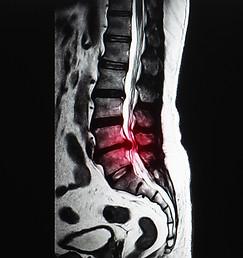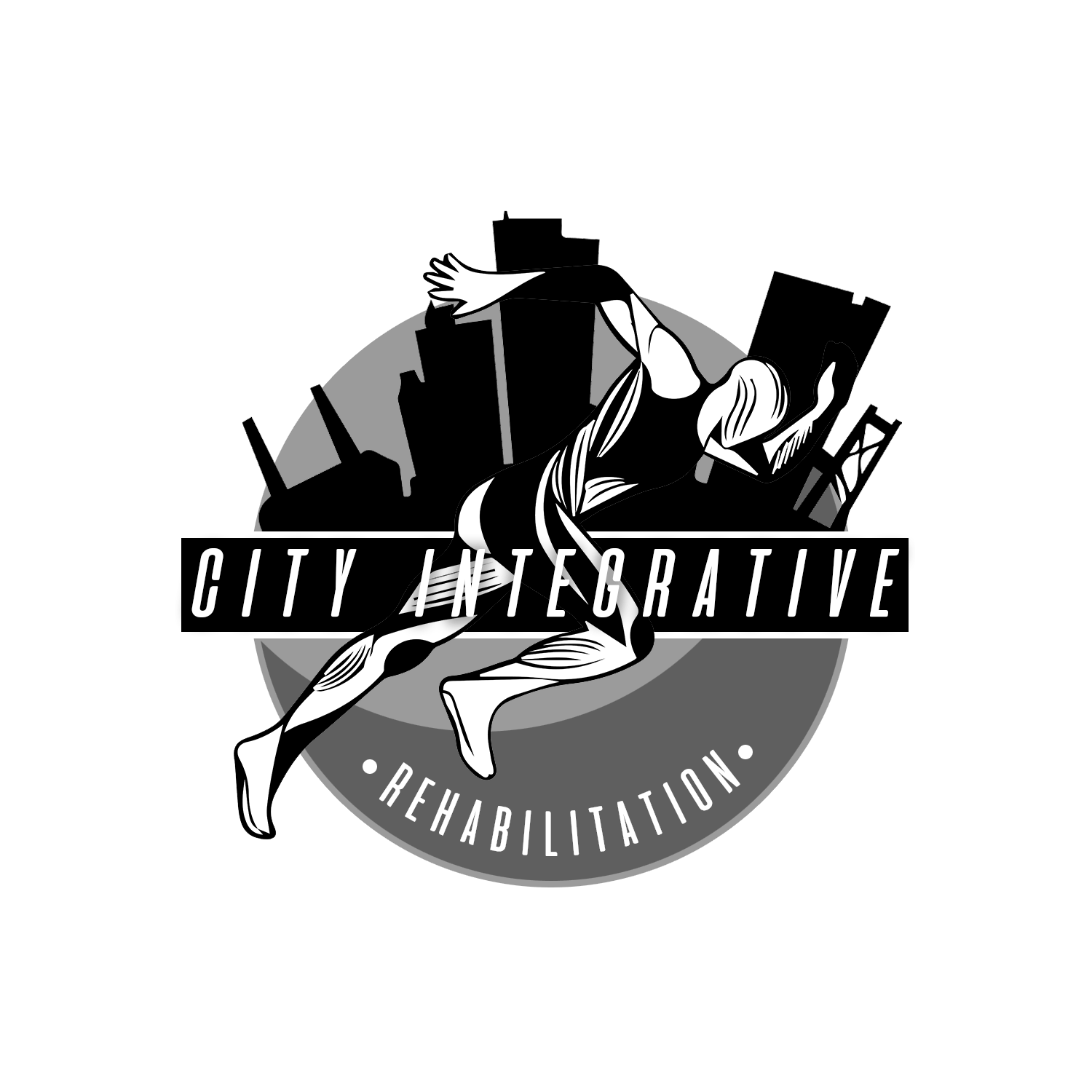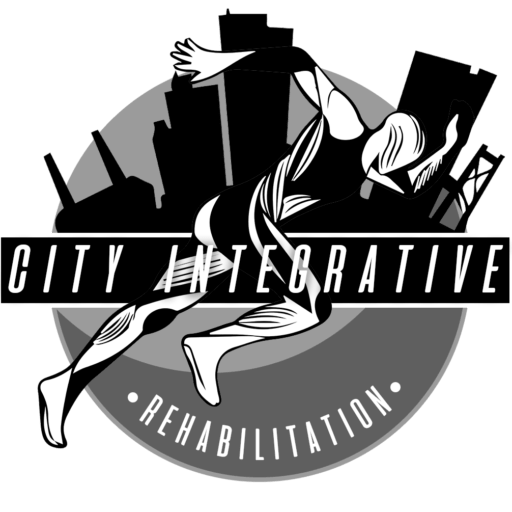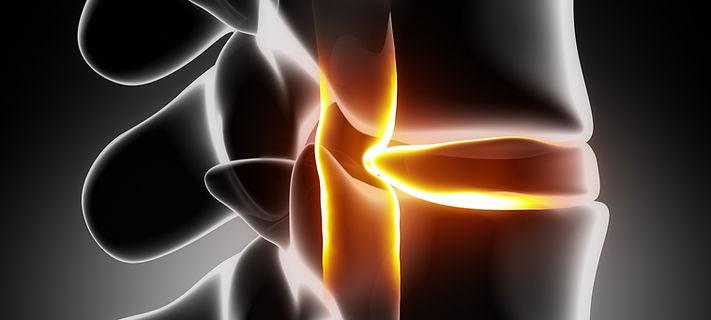DISC HERNIATION:
Disc herniations are a condition where the soft “jellylike” center of a spinal disc known as the nucleus pulposus impedes on the spinal cord. The role of the disc is to support the spine by acting as a “shock-absorbing” cushion. Disc herniations are categorized into four types based on the severity of the actual herniation: Bulging, protrusion, extrusion, and sequestration.
Categorization:

Bulging: Extension of the disc margin beyond the margins of the adjacent vertebral endplates.
Protrusion: The posterior longitudinal ligament remains intact, but the nucleus pulposus impinges on the annulus fibrosus.
Extrusion: The nuclear material emerges through the annular fibers, but the posterior longitudinal ligament remains intact.
Sequestration: The nuclear material emerges through the annular fibers, and the posterior longitudinal ligament is disrupted. A portion of the nucleus pulposus has protruded into the epidural space.
SYMPTOMS:
Pain | Dull/Achy | Tightness/Stiffness | Swelling | Burning | Muscle spasm | Weakness | Muscle fatgiue | Loss of normal range of motion
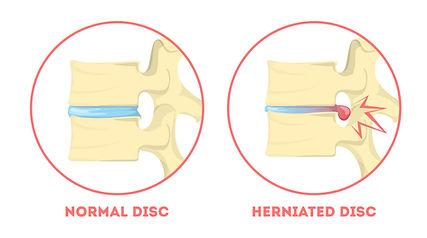
OUR DIFFERENCE:
Disc herniations can happen in the cervical, thoracic, or lumbar spine. They can produce very severe pain, radiation, and/or weakness in a local extremity. Faulty movement patterns, lack of segmental stability, and improper muscle engagement are mostly responsible for these injuries. Disc Herniations have many different origins and presentations and should always be evaluated by a medical professional.
Traditional treatment includes medication, rest, and surgery. While they are necessary for some instances, research has shown better long-term outcomes with conservative care, such as chiropractic rehabilitation.
Our care includes taking a detailed history and performing a comprehensive physical examination to identify faulty movement patterns, muscle imbalances, and other causes of your condition. We utilize the most up-to-date rehabilitation techniques to provide you with the highest quality care. We believe addressing the cause of your condition is the only way to improve and restore your quality of life.
*If we feel that medication, injections, or surgery are necessary, we will work with our network of integrative medical doctors to best assist your care.
